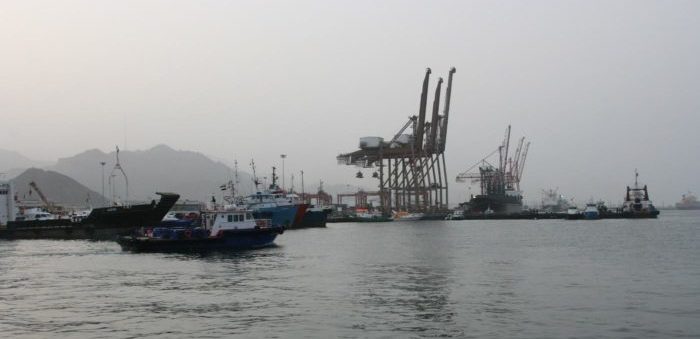Ship fuelling activity in Fujairah declined in May, as falling demand was made worse by slowing global trade because of the COVID-19 pandemic.
According to Reuters, Fujairah’s ship refuelling, or bunkering, volumes shrank to about 200,000-300,000 tonnes in May, down from average volumes of about 700,000-800,000 tonnes.
Additionally, crude oil tanker traffic in the area had been reduced after the Organization of the Petroleum Exporting Countries (OPEC) and its allies led by Russia cut supplies to prop up prices.
On the ohter hand, the weak demand helped push Fujairah’s residual fuel inventories to a record high in June.
Comparing with other ports, bunkering volumes in Singapore were 3.925 million tonnes in May, down just 2% from a year earlier despite cargo ship arrivals falling to a 27-year low.
In fact, Fujairah’s bunkering volumes were falling even before the coronavirus outbreak.
Volumes started to come off its average monthly peak of about 1 million to 1.2 million tonnes in 2017 after the UAE’s boycott of Qatar cut shipping activity. Moreover, there were also attacks on tankers last year around the Strait of Hormuz and the Gulf of Oman.
Finally, a global switch to cleaner low-sulphur marine fuels in 2020 has also reduced bunkering in Fujairah as quality and compatibility concerns made buyers turn to suppliers in Singapore.
































































